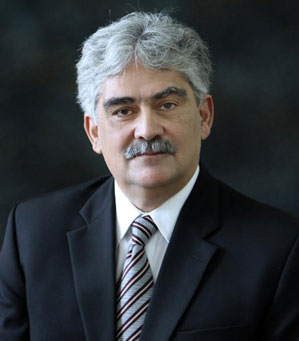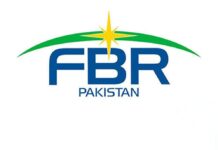
For too long we have had arbitrary government run by elected rajas who personalized governance without due process, record-keeping or transparency. One lasting legacy Imran Khan can leave is to establish modern norms of government banishing kitchen cabinets, sycophants and hasty un-investigated decisions.
I have argued in my book Looking Back: How Pakistan became an Asian Tiger in 2050 that perhaps the single biggest step towards good governance could be to build up due process. Both because of laziness and lack of work experience, politicians do not want to build due process. Besides, they dislike due process as it limits freedom of action and leaves a paper trail.
The civil service, which was the keeper of due process, has been beaten into submission (through a harsh regime of transfers and an incentive mechanism of invisible perks) to ignore due process. No longer are meetings properly conducted, nor are minutes fully kept and the technical requirements especially for financial flows are often ignored.
With due process, many of our expensive projects may not have taken place and saved us billions. We might have devised alternatives to the expensive metros. Technical considerations would have ruled out Nandipur and the solar park. A balanced and well investigated policy through research and debate would have allowed us to build better education and energy with far less money than we have spent.
Due process will begin with a working cabinet and parliament. Past governments have used both as inconveniences that are occasionally woken up only for show.
In the coming government, the cabinet must meet every week with proper well-prepared agendas and supported documents that are according to rules submitted at least two weeks before the meeting. They will use a feeling of crisis to present hasty last-minute stuff to cabinet for a quick decision. That should be resisted at all costs. Nothing is so hasty that it should spoil governance.
All cabinet documents must be well prepared and commented on by the required ministries. Nothing should come to cabinet without comments from other ministries. That discipline ensures that thought and debate has gone into the document before it comes to cabinet. I saw too many badly prepared hasty proposals come to cabinet without comments at the last-minute leading to extremely poor decision-making.
All economic proposals must be in conformity with the budget. The budget is a law and it must be respected. If there is a spend proposal such as buying fertilizer or sugar, it should be shown where is will be funded from. Will it break a budget ceiling? Will it require a reallocation? In either case the matter must go to parliament. If this is done, agencies will plan and budget more carefully.
By the way, discontinue the ECC. It does not coordinate but merely destroys the budget by constantly spending outside the budget law. Let it all come to the cabinet.
Each cabinet there should be a few standard items. First there should be a presentation on the economy made in rotation (only one in each meeting) by three ministries, Finance, Planning and Commerce and the SBP. You need differing views and they must all emphasize their perspectives and vantage points. They should all choose their own themes — fiscal, monetary, inflation, growth, energy, water, sectoral growth and development and more — and their own issues for discussion.
Second, a roster should be set for each ministry to make a presentation at least once a quarter to report on the state of its sector. The report should tell you the goals for the sector they are managing, plans for meeting those goals, policies and most importantly reforms that are in play or considered. This progress report in each sector must come to cabinet for each ministry or agency once every quarter. The Planning Commission which is the PM secretariat must omment on these presentations and must be in constant consutlation with ministries to be able to monitor progress. Reform must be the key focus for the coming period and each minsitry must show you how dextrous and keen they are to change and build service delivery.
Third, key public sector enterprises should also be made to present their reports on their work goals and efforts to achieve profitability, provide public service and build the economy.
Fourth, for open government, following cabinet review substantial versions of these reports should be made public. There should even be a maximum lag after which cabinet minutes should be published. For too long too much has been kept secret.
Finally, a rolling agenda for cabinet should be maintained and published every six months so that concerned staff have adequate time to research and prepare and the people know how their government is working.
These are elementary rules of management that we used to follow. Sadly, we have forgotten these. Do this and governance will improve and corruption remain in check.
The writer is an economist and the former Deputy Chairman of the Planning Commission of Pakistan, and the former Vice Chancellor of the Pakistan Institute of Development Economics. He previously worked for decades at the International Monetary Fund.



















Nice article and good suggestions. Now the time comes where we should work with rules and regulations. I am not such qualified to put my opinions, but your explanation is easy to understand.
Comments are closed.